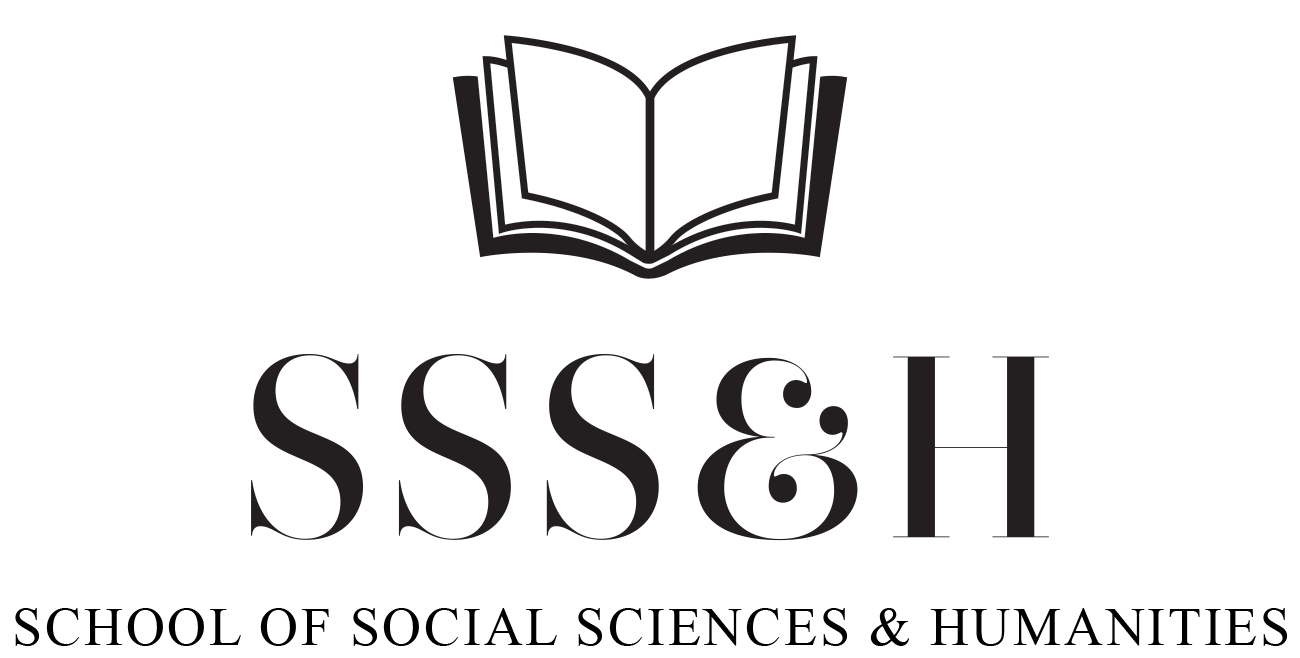



Author : Ronjinee Chattopadhyay
Category :
Tags :
By : Ronjinee Chattopadhyay Department of Sociology, UG - 3
The human tendency to fall back on binaries, unsurprisingly, also infiltrates social scientific notions of cultures of protest. Conventionally, speech has been seen as the only way to resist injustice, while silence has been equated to complicity or apathy. At a time when ideological polarization has gone on to reach new heights, such a dichotomous perception gets magnified throughout popular discourse. Notably, even studies which seek to interrogate the speech-silence binary replicate the very framework they seek to transcend. By locating silence in either of the extremities of collusive violence or unabashed resistance, they impede attempts to take a nuanced look at the potential that silence holds as a mode of expression, dissenting or otherwise. However, the novelty of silence lies in the space that it opens up for interpretation by virtue of the absence of any fixity of meaning (Ferguson 2002). This piece attempts to demonstrate how silence can operate as a mode of resistance by feigning complicity while also bolstering speech. Investigating the role of silence in popular movements becomes all the more significant when considered in the current context of growing public discourse protesting the ongoing violence being unleashed in Palestine.